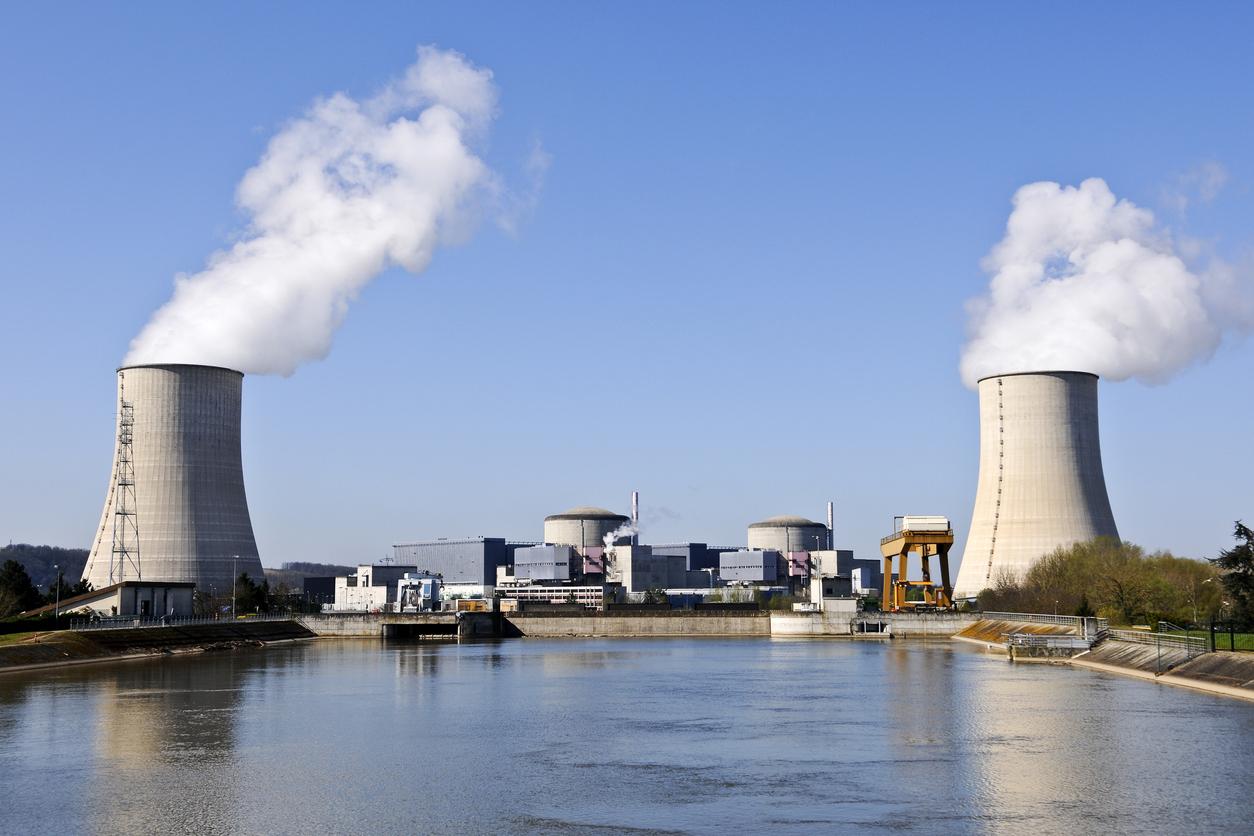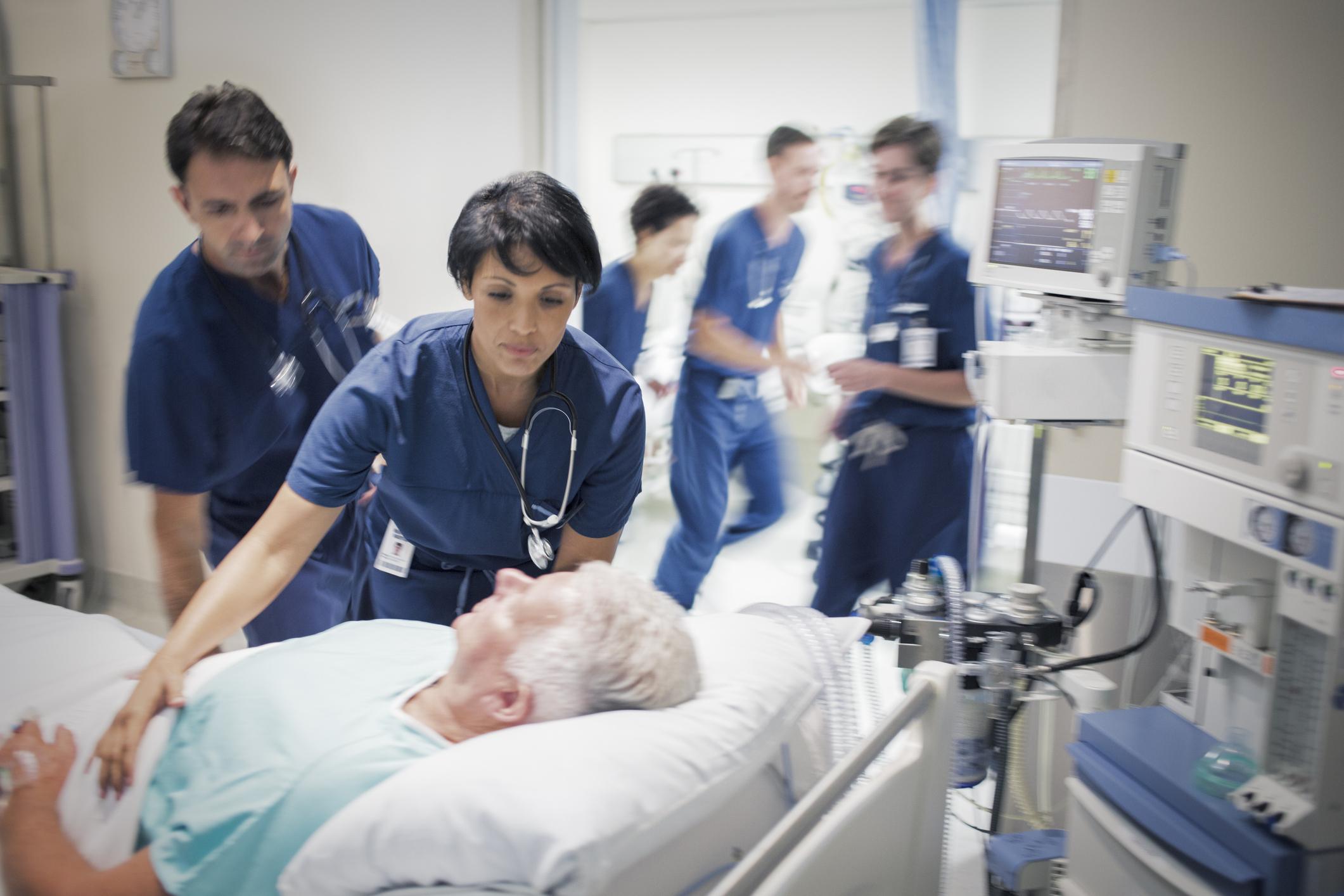What do we know about the effect of fasting on cancer?
If this thousand-year-old therapy is resurfacing, it is mainly under the impetus of the work of Valter Longo, gerontologist and professor of biology at the University of Southern California. In February 2012, this scientist published a study (in the review “Science Translational Medicine”) evaluating the action of fasting on cancerous tumors inoculated into mice. Its results are rather impressive: two fasting cycles of 48 to 60 hours delayed the growth of some cancer cells (melanoma, breast cancer and glioma, a brain tumor) as effectively as chemotherapy.
Better, in all cases, the fact of combining diet with drugs markedly increases the effectiveness of each treatment, increasing the overall survival of the mice and their survival without disease progression. Cherry on the cake: in another study published in the American journal “Aging”, ten patients who combined fasting and chemotherapy reported feeling less tired and feeling lessSide effects.
What do oncologists think?
The scientific community remains cautious. the young may promote healing in animals, but a test in mice is far from guaranteeing application to humans. In addition, doctors have instead learned to regard the weight loss that often accompanies cancer as a threat. They were taught that it was necessary, on the contrary, to fight against undernutrition, which could weaken patients in the face of the disease and make chemotherapy even more toxic.
Advocate fasting goes against this logic and therefore seems to them, until further evidence, a dangerous recommendation. Obviously, few doctors are aware of the many studies already carried out on fasting. Dr Laurent Zelek, oncologist, is less categorical: “In the current state of knowledge, I would not have fun advising a calorie restriction to an already undernourished patient, but the majority of my patients start chemotherapy after the operation. breast cancer and one in two complains of weight gain after treatment. Not to mention that, during the two or three days surrounding chemotherapy, few patients very much want to eat. “
Is there a scientific explanation?
Understanding the biological mechanisms at play could help convince doctors. So we wondered why fasting combined with chemotherapy would make cancer cells more sensitive to treatment. Valter Longo has an explanation. “Faced with the deprivation of food, normal cells have remarkable adaptation mechanisms, a sort of reflex inherited from years of evolution, in order to allow animals and humans to survive in the event of famine. As the energy available is less important, cells slow down their metabolism to limit their activity to the essentials and preserve themselves. This protects them better against the effect of the drug. The cancer cell, having mutated, no longer possesses this memory. To grow and multiply without control, it has a craving need for energy: it consumes eighteen times more glucose than a normal cell! Also, calorie restriction puts her in a situation of intense stress which makes her more vulnerable to chemotherapy. “
Another avenue suggested by the researchers: resting the intestine, which houses 80% of our immune system, could increase our defenses. Fasting also modifies the expression of certain genes that regulate hormone receptors, which in particular lowers the rate of growth factors IGF-1, promoting the development of cancers.
Are other studies in progress?
It is not enough just to observe that animals also stop feeding when they are sick. Only the validation of large-scale clinical trials could convince the most reluctant. Four hospitals have already carried out trials to verify the safety of a short fast (two days before chemotherapy and one day after) with a small number of patients: the Norris Cancer Center in Los Angeles, the Mayo Clinic in the Minnesota (United States), the University Hospital of Leiden (the Netherlands) and the University Hospital of Genoa (Italy). Other studies are underway with slightly longer fasting times or on more patients.
Dr Zelek’s department was to represent France in an international trial including twelve hospitals. “The idea was to subject some patients (a group with early cancer, another more advanced) to a severe calorie restriction and compare with patients eating normally. But, in the absence of funding, we had to give up. Result: when patients tell me that they plan to try fasting and ask me my opinion, I do not know what to say to them, for lack of sufficient scientific basis. I tell them that it is probably not harmful and less dangerous than taking food supplements. A more precise answer will perhaps soon reach us from abroad …
The benefits of fasting on other diseases
Food restriction is a recognized therapy in Russia, where it has been studied for almost half a century. The same is true in Germany, where it is reimbursed and offered in many centers: at the Immanuel hospital, in Berlin, and in a dozen public establishments.
At the end of June 2013, the Therapeutic Fasting Congress brought together experts from all over the world, at the Foundation
Maria-Buchinger, by Lake Constance. On this occasion, Prof. Andreas Michalsen, of the Charité Hospital (Berlin), considered that fasting was effective in polyarthritis, osteoarthritis and fibromyalgia. With superior results to drugs in hypertension, diabetes and infarction. And it also improves mood. In France, you can find “fasting and hiking” stays, but they are reserved for people in good health. Info about www.ffjr.com
Want to know more ? “Fasting, a new therapy”, documentary by Sylvie Gilman and Thierry de Lestrade on Arte broadcast this evening at 10:40 pm.
* The book “Le jeûne, une nouvelle therapy” by Thierry de Lestrade, co-published by Arte éditions and La Découverte. € 19.


















